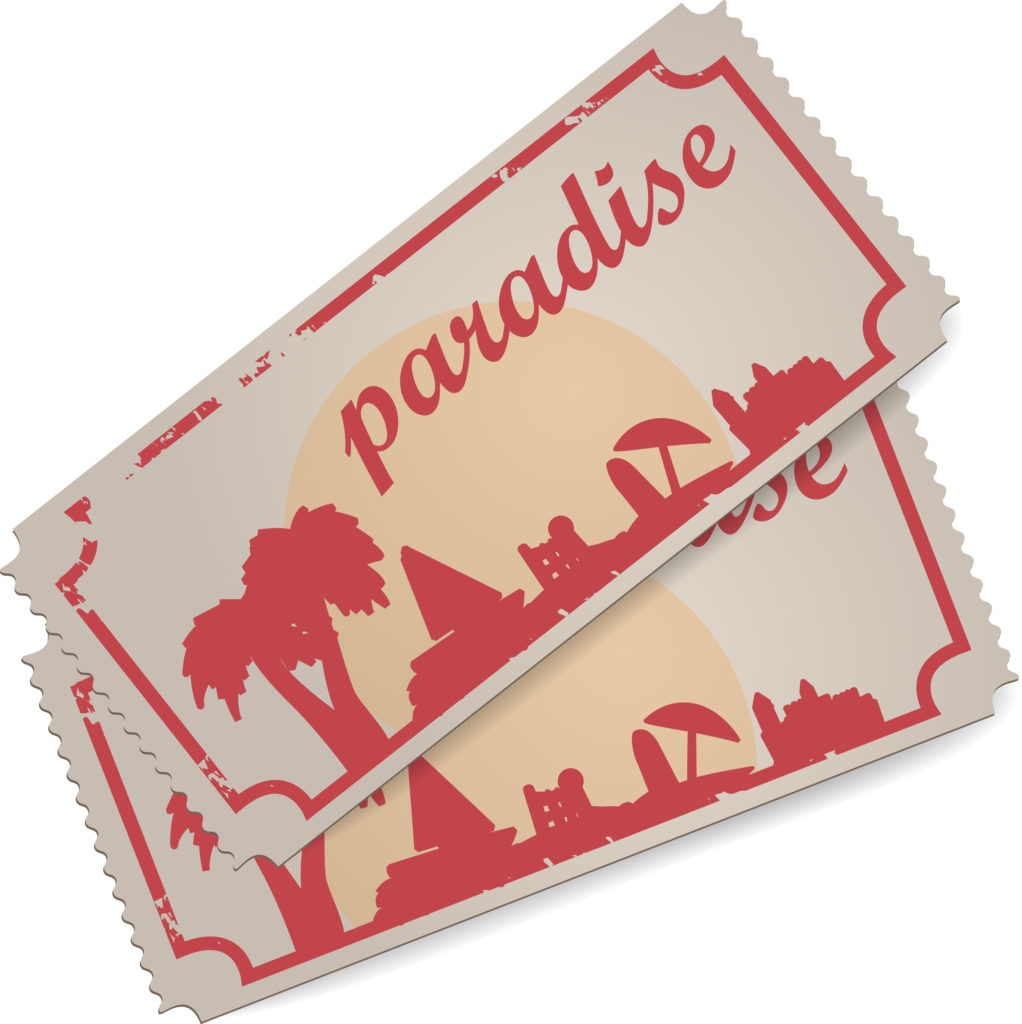
In the past two weeks, I’ve seen the finale of the TV show The Good Place, an adaptation of Milton’s Paradise Lost, and attended the funeral of one of my oldest and dearest friends. All in all, I’ve had the chance to think hard about the afterlife.
The Good Place was a unicorn—a network TV show that encouraged serious thought about the meaning of life and death. Oh, and it was a comedy that trafficked in satire, slapstick and silliness.
The show took place in the afterlife, where people are consigned to The Good Place or The Bad Place, depending on the number of points they scored for “goodness” during their earthly life. In the course of navigating this system, the characters were asked to consider: What does it mean to be good? What do we owe each other? Can people change? The satire was sharp, often hilarious. But at the same time, it presented philosophical arguments in a way that assumed our willingness to consider Life’s Big Questions while still enjoying a good fart joke.
Aside from a nod to religion in the first episode (“All the religions got it a little bit right.”), and the fact that there were supernatural beings in control of both the Good and the Bad Place, the show was a paean to humanism. These four humans consistently outsmart and outmaneuver the cleverest demons and the most well-intentioned angels. Their belief in human potential, the essential goodness of of people, and a sense of obligation to each other allows them to design a better system of the afterlife.
And yet, when they finally make it to the new and improved Good Place, they are profoundly disappointed. True, their every desire and fantasies are instantly fulfilled, and they are giddy. But they discover that after a while it is mind-numbingly boring. An eternity of “happiness” as defined by their individual desires and whims is unbearable.
The funny thing is, this idea is completely consistent with the Christian worldview, which posits that a life centered on the self is at its core, profoundly empty. Pascal called this “a God-shaped vacuum in the heart of each man which cannot be satisfied by any created thing but only by God the Creator.” St. Augustine said, “You have made us for yourself and our hearts are restless until they find rest in you.” Although decidedly not Christian, The Good Place comes to the same conclusion: Even if we have everything we want, it will not be enough.
Paradise Lost gives us a similar view of what a human-centric Paradise is like. The play focuses on Eve’s temptation by Lucifer, who sees that despite the abundance of God’s creation, Eve wants more. Not content to be able to communicate with birds, she wants to fly like one. She peppers Adam with questions about God, the garden, and why God doesn’t seem to have any grace to spare for Lucifer, who fascinates her. God’s idea of Paradise isn’t enough for her; she wants more. And more is what Lucifer offers in the Tree of knowledge of Good and Evil. Her desire to define Paradise on her own terms is her (and our) undoing.
The Good Place and Paradise Lost both ask the same question: What happens when our idea of Paradise is based solely on our own desires? In The Good Place, without an idea of a good Creator who is able to provide what truly satisfies, the only choice is between eternal ennui, and escaping into nothingness. A Paradise of our making is fun for a while, but empty.
For their part, Eve and Adam do acknowledge a Creator, yet still behave as if what God declared good was not good enough. Like the characters in The Good Place, they want Paradise to be about them.
Which brings me to Max. My dear, sweet, funny, exasperating, loyal friend for all of my adult life died this week. And I’ve been thinking about what kind of a place I’d want him to be in right now.
I don’t want him to be somewhere that is just a better version of this world, where we are granted every wish. That’s not what the God of the Bible offers us, and we should be glad about that, because, let’s face it, even our purest desires are distorted by sin.
No, for my friend I want something better, something purer, something that transcends my human capacity to imagine it. I want him to spend eternity in a world that is God’s idea of perfection, not mine. I want an eternity– for him and for me — that is spent not looking in a mirror, but gazing on the face of God.
Throughout Scripture, God offers us so much more than our finite minds can think or imagine. Listen to the invitation from the Prophet Isaiah:
“Come, everyone who thirsts,
come to the waters;
and he who has no money,
come, buy and eat!
Come, buy wine and milk
without money and without price.
Listen diligently to me, and eat what is good,
Why do you spend your money for that which is not bread,
and your labor for that which does not satisfy?
and delight yourselves in rich food.
Incline your ear, and come to me;
hear, that your soul may live;
and I will make with you an everlasting covenant,
my steadfast, sure love for David.
(Isaiah 55:1-3)
